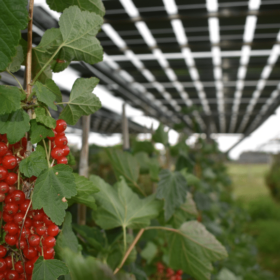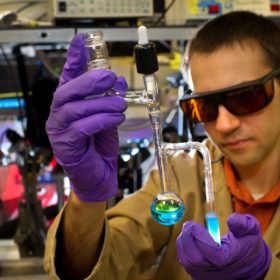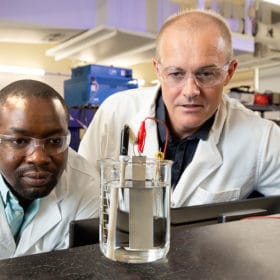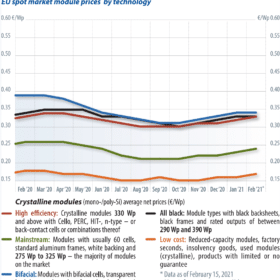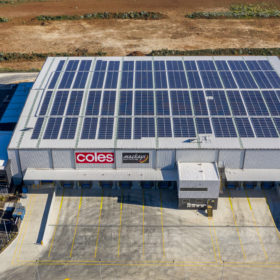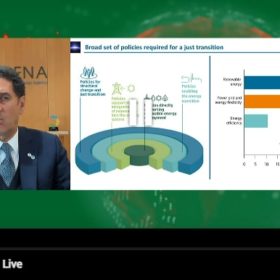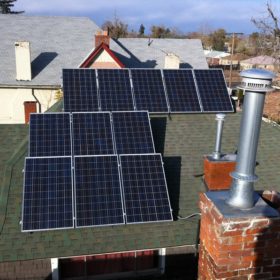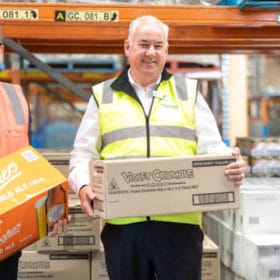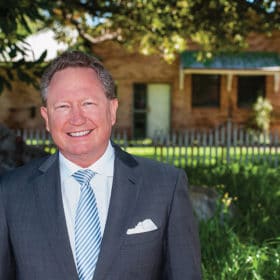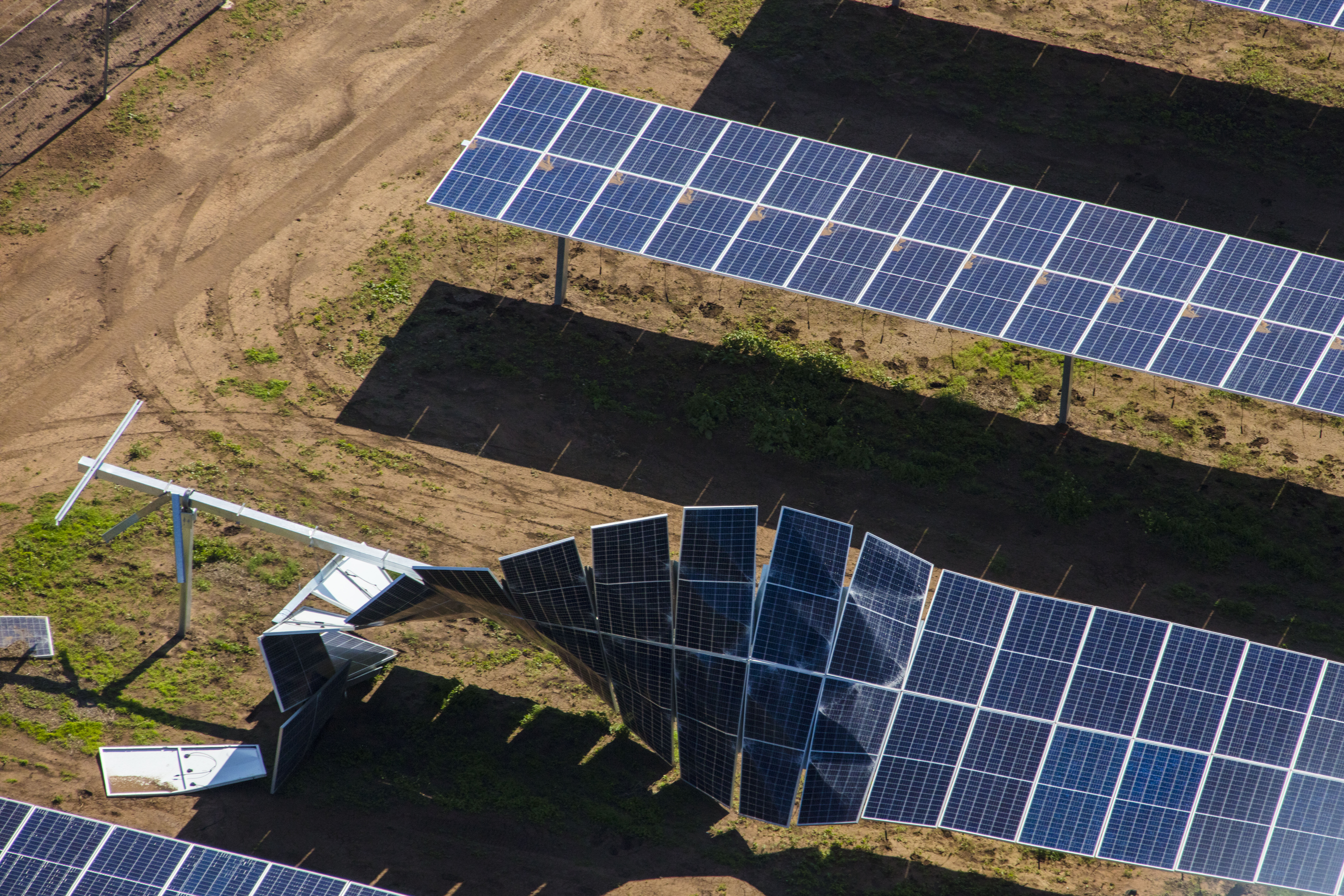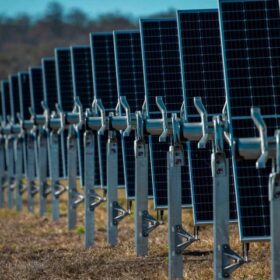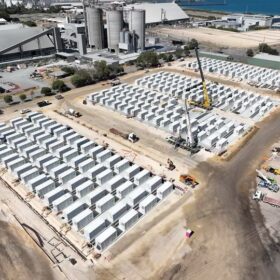Baywa’s ‘fruitvoltaic’ project to bear fruit – 23 tons a year, in fact
A 1.2 MWp installation featuring more than 4,500 solar panels has sheltered a berry crop from high temperatures and damp to strengthen the claims made by agrivoltaics companies that their systems can offer climate change mitigation as well as clean energy.
Australian cleantech startup competition draws $50,000 grant for winner
A $50,000 development grant will be awarded to the winner of this year’s national ClimateLaunchpad competition, which aims launch early-stage cleantech startups into the market.
Queensland scientists’ remarkable renewably powered carbon capture breakthrough
Scientists from the Queensland University of Technology have made a remarkable breakthrough in carbon capture and storage with a novel electrochemical process which can not only store carbon dioxide in water non-toxically with the power of solar or wind, but also produces by-products including green hydrogen and calcium carbonate, perhaps the key to decarbonising the cement industry.
Saturday read: Why human rights protection is pushing up module prices
The solar industry typically sees itself as being supportive of the environment, humanity, and human rights. Even large Chinese PV manufacturers publish statements to this effect, particularly if they are listed on Western stock exchanges. But what do human rights have to do with the solar industry? What connections exist, asks Martin Schachinger of pvXchange, and how are they important to the future success of the European PV market?
Supermarket giant commits to bring emissions down, down, down
Australian supermarket giant Coles Group has fired the latest salvo in the supermarket wars, announcing on Friday it will commit to 100% renewable electricity by 2025.
Global temperature goal of 1.5C needs 14 TW of solar by mid century
Renewable electricity will be linked to 90% of the actions needed to remove carbon emissions in 2050, according to the International Renewable Energy Agency, and the biggest volume of generation capacity will be provided by solar.
Household solar holds key to climate-neutral Japan
Rooftops will have to supply a third of the 524 GW of solar generation capacity needed by 2045 to reach a zero-carbon economy by mid century, according to an academic paper. The researchers also suggested green hydrogen should not play a central role in the nation’s energy transition.
Woolworths completes commercial-scale rooftop solar installation at SA distribution centre
Woolworths has completed the expansion of its Adelaide distribution centre, including the site’s commercial-scale rooftop solar system which is set to supply 20% of the centre’s electricity needs.
Fortescue brings forward emissions reduction targets by betting on green hydrogen projects
Iron ore giant Fortescue Metals Group has brought forward its net zero emissions target a decade to 2030 by advancing a raft of green hydrogen and ammonia projects. The mining company believes it’s green energy ambitions will demonstrate how the two “missing links” in the battle against climate change can decarbonise supply chains.
International solar fund weathers Australia’s storms, oscillations and grid constraints
Foresight Solar Fund’s 2020 annual report puts the travails endured and fixes deployed for four now powerful Australian assets in context.
